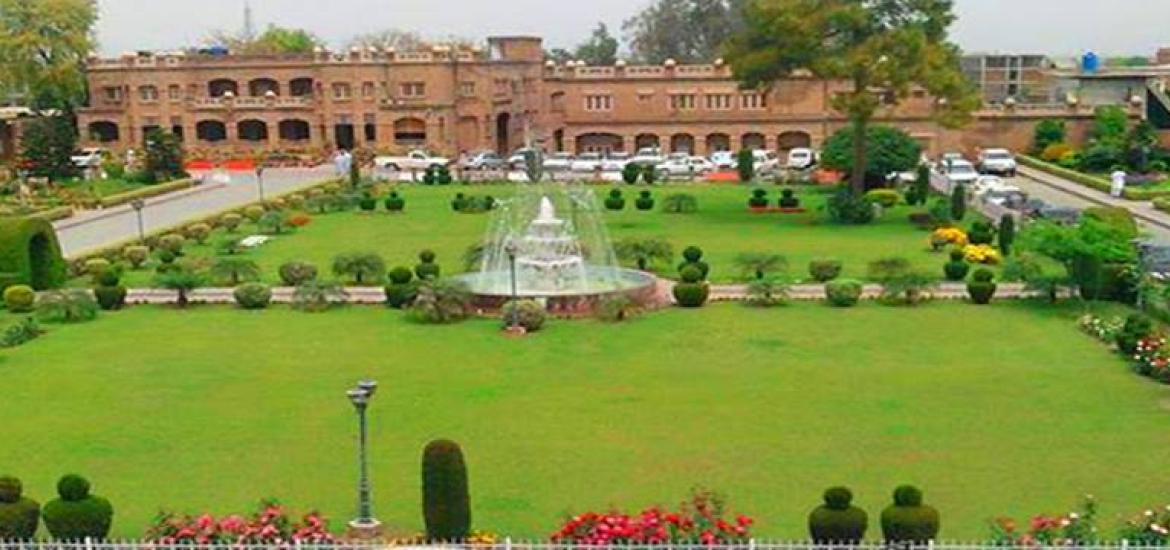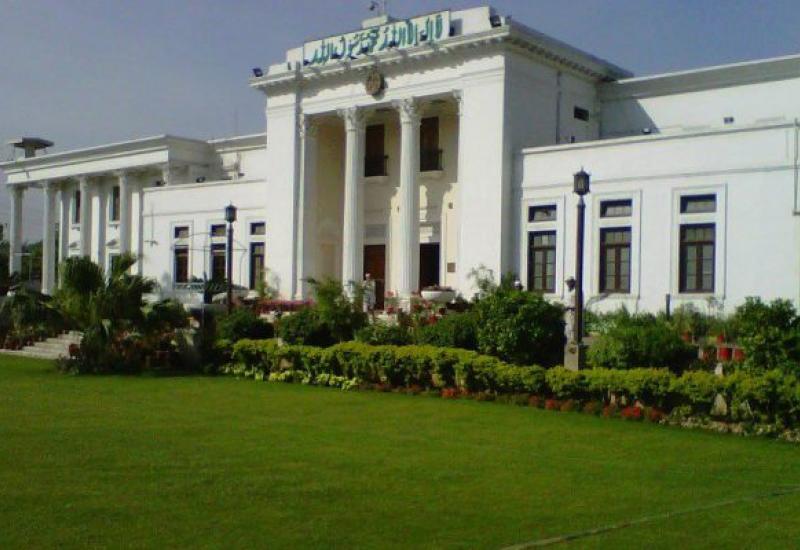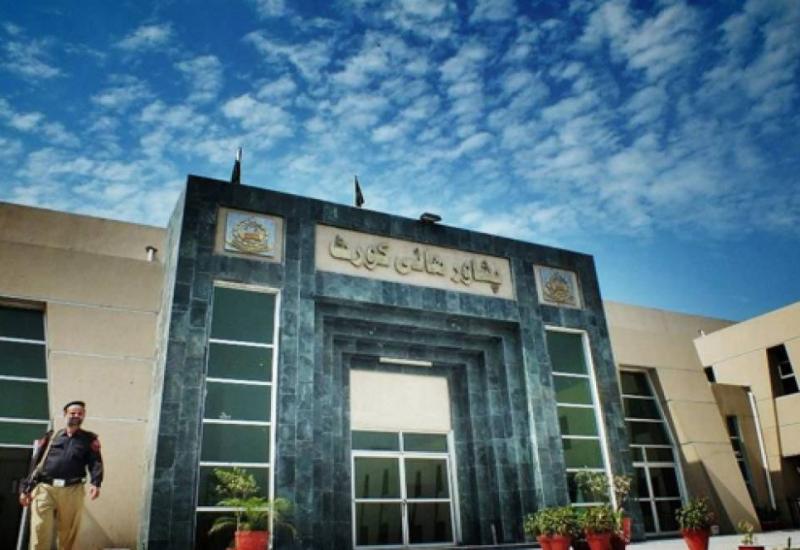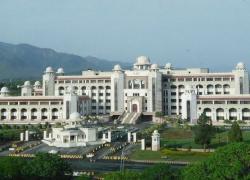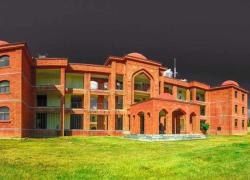Strengthening Higher Education in Pakistan: The case for establishment of Provincial HEC in Khyber Pakhtunkhwa
In recent days, the establishment of provincial Higher Education Commissions (HEC) has emerged as an important debate on social as well as electronic media. The matter has attracted renewed interest being a key point of the reform agenda of the current Government in the province.
If executed diligently, it shall be a ground-breaking initiative on the educational landscape of Pakistan particularly in the regions like Khyber Pakhtunkhwa (KPK) and will aid in the implementation of 18th Constitutional Amendment by decentralizing educational governance, aligning provincial education policies with local needs and enhancing provincial autonomy in higher education management.
The establishment of provincial HEC shall be a critical step towards enhancing local governance and fostering educational excellence tailored to the regional needs of the country. In this blog post, I briefly discuss why does the provincial HEC matter, what will be its potential implications, and what opportunities will it offer for the students, academic community and other stakeholders at large.
Why does the provincial HEC matter?
- Decentralization of Power: The centralization of higher education governance in Pakistan under the federal HEC has often been criticized for its one-size-fits-all approach. By establishing provincial HEC, the aim to decentralize power, allowing for more tailored and region-specific educational policies shall be realized.
- Localized focus: Provincial HECs are designed to address the unique challenges and opportunities specific to each province. In KPK, this means catering educational policies and programs to local cultures, economic conditions, and societal needs. This localized approach shall ensure that higher education becomes more relevant and accessible to the communities it serves as happened in the case of Punjab and Sindh.
- Empowering regional universities: By decentralizing educational oversight, provincial HEC empower universities within their jurisdictions. These institutions gain more autonomy in decision-making processes, allowing them to innovate and respond swiftly to local educational demands. This autonomy is crucial for fostering academic freedom and nurturing a culture of research and development in KPK.
- Enhancing quality and accountability: With a dedicated focus on provincial educational standards, KPK HEC can implement rigorous quality assurance mechanisms. This includes accreditation processes, faculty development initiatives, and infrastructure improvements aimed at raising the overall standard of higher education. Moreover, by promoting transparency and accountability provincial HEC shall ensure that resources are efficiently allocated and utilized.
- Resource allocation: Provincial HEC can ensure that funding is distributed based on local priorities, leading to more equitable and efficient use of resources as has happened in the case of Sindh where additional funds have been allocated by the provincial government in addition to federal funding. This can improve infrastructure, faculty development, and research capabilities, ultimately enhancing the quality of higher education
Challenges and opportunities
- Financial sustainability: One of the primary challenges facing provincial HEC is ensuring financial sustainability. Adequate funding is essential for implementing educational reforms, supporting research endeavors, and upgrading infrastructure. Collaborative efforts between federal and provincial governments as well as partnerships with private sectors and international donors can play a crucial role in securing long-term financial stability of provincial HEC.
- Capacity building: Establishing robust administrative and academic frameworks for provincial HEC shall require significant capacity building of the human. This involves training personnel in modern educational practices, fostering research capabilities and promoting interdisciplinary collaboration. Investing in human capital development shall be key to sustaining the long-term success of provincial HEC.
- Promoting inclusivity: In regions like KPK, where access to higher education remains uneven, provincial HEC shall have a critical role in promoting inclusivity. This includes expanding educational outreach programs, supporting marginalized communities, and creating pathways for underrepresented groups to pursue higher education. By prioritizing equity and diversity, provincial HEC can contribute to a more equitable and inclusive society.
Conclusion
The establishment of provincial HEC in Khyber Pakhtunkhwa shall mark a significant milestone towards educational reform and regional development. This commission shall not only empower local institutions but also pave the way for a more dynamic and responsive higher education sector. By addressing regional disparities, enhancing educational quality, and fostering innovation, provincial HEC shall play a transformative role in shaping the future of higher education in Pakistan.

